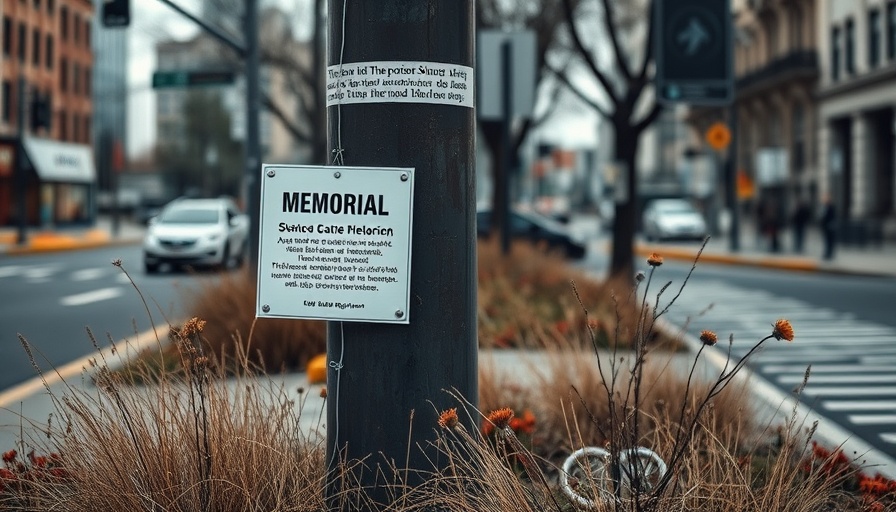
From a Simple Dinner to a Neighborhood Phenomenon
The Berkeley Supper Club began as an intimate dinner party amongst friends but has quickly transformed into a vibrant gathering that brings together the community through food and shared experiences. Founded by Alon Yoeli, who balances his tech career with his passion for cooking, this supper club is becoming a staple in the West Berkeley culinary scene.
A Fusion of Passion and Profession
Alon Yoeli, a Senior Technical Product Owner at Veridix AI, embraces cooking as both a creative outlet and a deep passion. His experience as the head varsity water polo coach at Berkeley High and his interest in culinary arts exemplify the dynamic lifestyles many in the Bay Area lead. Moving from Austin, Texas, he quickly immersed himself in the local food culture, inspired by a friend who encouraged him to start a supper club. The event has blossomed from a few eager guests to larger appearances, allowing community members to forge bonds over beautifully curated meals.
The Heart of the Supper Club: Personal Stories and Connections
Yoeli’s journey towards creating the Berkeley Supper Club is filled with personal anecdotes and memories of his childhood in Hawaii. His mother's experience owning an Israeli restaurant deeply influenced him, planting the seeds of his love for food. “Every day, my mom worked tirelessly”, said Yoeli, reflecting on the dedication it takes to run a successful eatery. These experiences have naturally contributed to his desire to share that love through the supper club, where guests enjoy an evening of conversation and delicious food.
Building Community Through Culinary Experiences
With each event, the Berkeley Supper Club fosters a sense of community. Guests mingle as they enjoy various courses, such as the recent salad of roasted eggplants and shishito peppers—dishes that embody the fresh, locally-sourced philosophy embraced by Yoeli. Collaborations with local businesses like Chez Panisse and the Cultured Pickle Shop have also influenced his culinary approach, encouraging him to highlight the beauty and flavor of seasonal ingredients.
Looking Ahead: The Future of the Berkeley Supper Club
As the supper club continues to grow, there are plans to expand its offerings, potentially introducing themed nights and cooking classes. This evolution not only allows for diverse culinary explorations but also sustains the community engagement that has been central to its success. Yoeli hopes to inspire others to explore their creative sides in the kitchen and to bring people together in meaningful ways.
The Berkeley Supper Club is a testament to how shared meals can create lasting friendships and strengthen community ties. With each gathering, participants not only enjoy exquisite cuisine but also partake in a heartfelt experience that encapsulates the spirit of Berkeley—a melting pot of cultures, ideas, and flavors.
 Add Row
Add Row  Add
Add 




 Add Row
Add Row  Add
Add 

Write A Comment